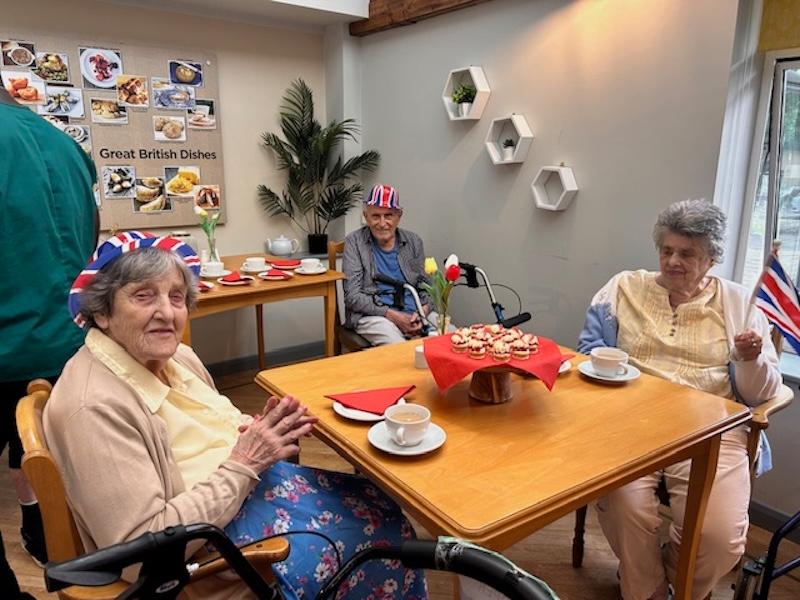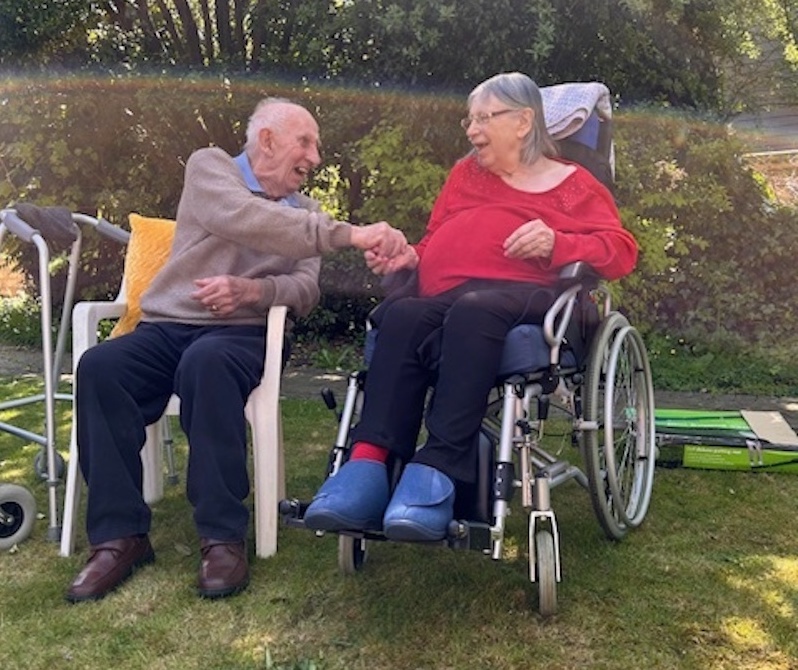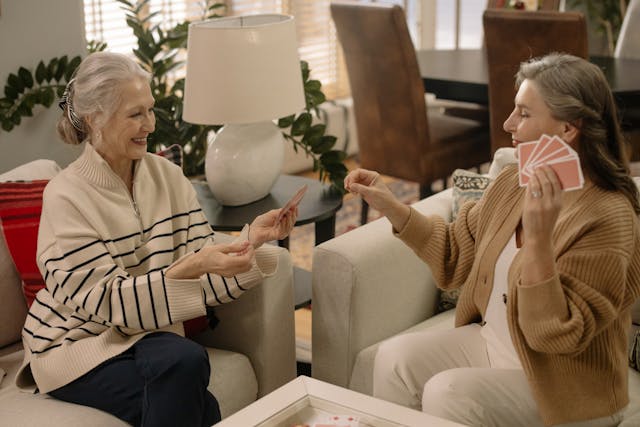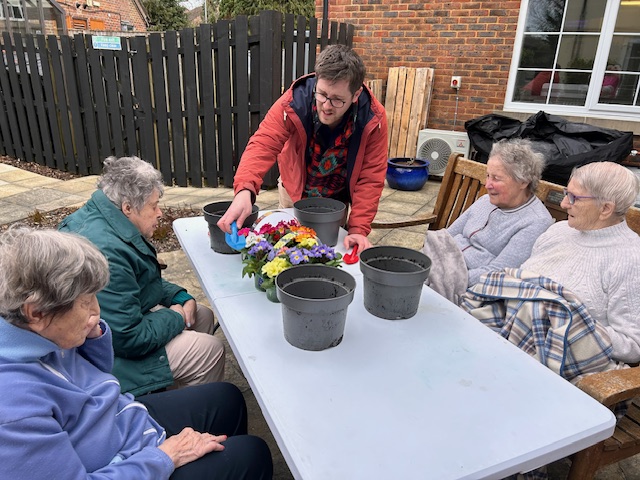How to Get an Elderly Person into a Care Home

As a result of ageing, older people often require more assistance with daily activities and personal care. Sometimes, it becomes challenging for elderly people to manage these tasks on their own, or their care needs go beyond the support a family member can provide. Moving into a care home or nursing home may be the best option for them to get the necessary support they need.
Both nursing homes and care homes offer dedicated Residential Care for elderly people as well as Nursing Care, Respite Care, and in some instances, specialist care for conditions such as dementia. However, moving into a care home can be challenging and a difficult time for everyone involved.
In this blog, we provide tips on how to make the decision and the process of moving into a care home smoother for the individual and their family members.
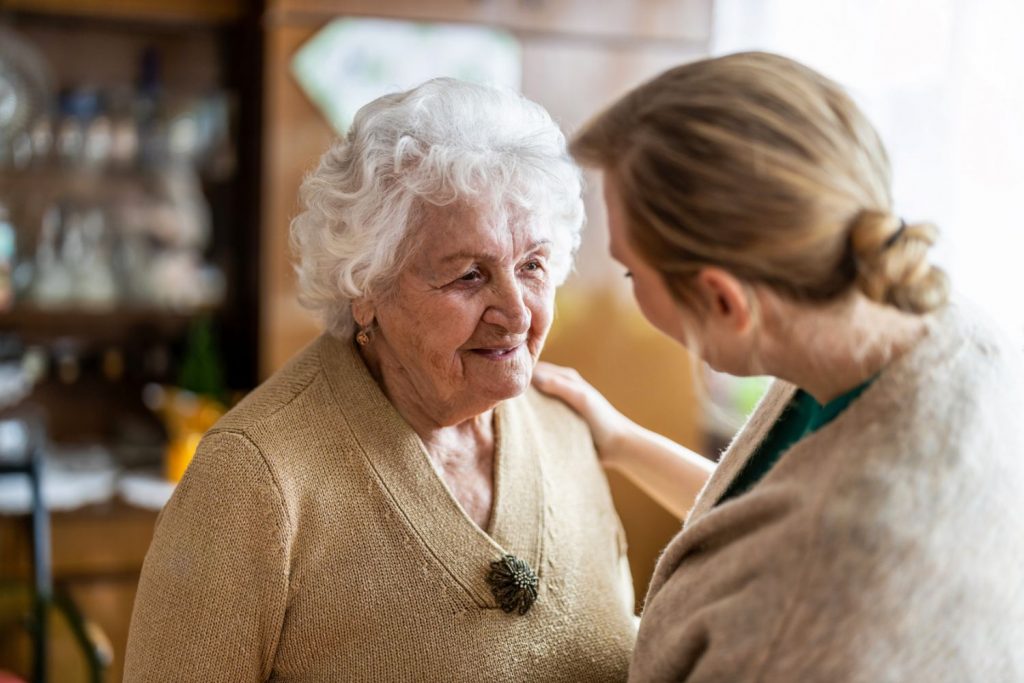
Discussing Moving Into a Care Home With Your Loved One
Starting discussion early in the process is crucial when considering care homes. It's important to talk to the person in need of elderly care about the possibility of moving into a care home in the near future, to give them ample time to prepare for what are fundamental changes.
Having regular conversations about the benefits of a care home will help them become more accustomed to the idea. Such advantages include around-the-clock support, skilled staff such as a qualified nurse or professional carer who provides dedicated care for older people, a safe yet home-like environment, and social opportunities.
It is also important to help them understand that moving into a care home still supports them in living independently and allows them to carry on with the things they enjoy without the stress and anxiety associated with day-to-day tasks, as this can sometimes be what elderly people are concerned about.
If someone is lacking mental capacity, such as someone living with dementia, having power of attorney over them means that you can make choices on their behalf if you believe it's in their best interests. If multiple people in your family hold power of attorney over a loved one, then they should all be involved in the conversation, and it is essential that every relative agrees with the final decision.
Include the Individual in Decision-Making
At every stage of the decision-making process, the individual requiring care should be involved if they have the mental capacity to do so. This can help them feel more in control of the situation and reduce their anxiety around the subject. By taking them to visit residential homes and nursing homes, they can see firsthand what life would be like there and decide whether it is the right care home for them.
During these visits, the individual seeking care should be encouraged to ask questions and voice anything they feel concerned about. This gives them the opportunity to be reassured and will help them understand that this transitional phase will be beneficial to them.
Assess the Overall Needs of the Individual
Prior to selecting a residential care home, it's essential to assess the person's overall needs in order to understand exactly the level and type of care they require. You may have reached this point due to noticing that your relative has started to show signs that they need support with everyday tasks, or it may be that as a family member, you have been caring for your loved one for some time and it has got to the point where you can no longer provide the level of care they need.
By carrying out an assessment of the person's overall needs, it can be determined which level of care, and which type of residential home would be best for them. Factors such as physical and mental health, mobility, and any medical conditions they may have should be considered. Seeking advice from a team of health professionals who can carry out a care needs assessment can help determine the person's exact care needs.
Research Different Care Homes and Nursing Homes
Finding a good care home that is right for your family is essential, and it is important to thoroughly research local care homes and nursing homes before making a final decision. When considering care homes, be sure to look at those that specialise in the type of care the elderly person requires and check the care home's latest inspection report to get a good idea of the standard they operate at.
More research that you can do includes reading online reviews and speaking to people who have had experience with the care home you are interested in so that you can understand their quality of care and whether it meets your expectations.
Plan Ahead Before Moving Into a Care Home
Planning the move well in advance is essential in minimising the stresses involved and ensuring a smooth transition into the care home. Plans should include packing the individual's belongings, arranging transportation, and making sure that their new room in the care home is set up to their liking.
It is important to find out whether the care home or nursing home allows residents to customise their personal space, as having familiar surroundings can help them feel more like they are in their own home and support them in settling in more comfortably.
Financing the Move Into a Care Home
When considering the move into a care home for an elderly loved one, it is also important to consider the financial implications this may have. There are many different aspects that determine the cost of care such as location, the level of care required, and the individual offering of each care home.
Luxury or all-inclusive care homes may come with higher fees, so it's important to plan accordingly if this type of care home works best for you. It's worth checking if the individual seeking care is eligible for financial support, such as from the local council or NHS continuing healthcare for nursing needs.
This can be determined following a financial assessment. If self-funding is not an option, there are other options to explore, such as a top-up fee. Once you have found a care home that is right for you, you can contact them directly to find out further information about their payment structure and any other additional fees.
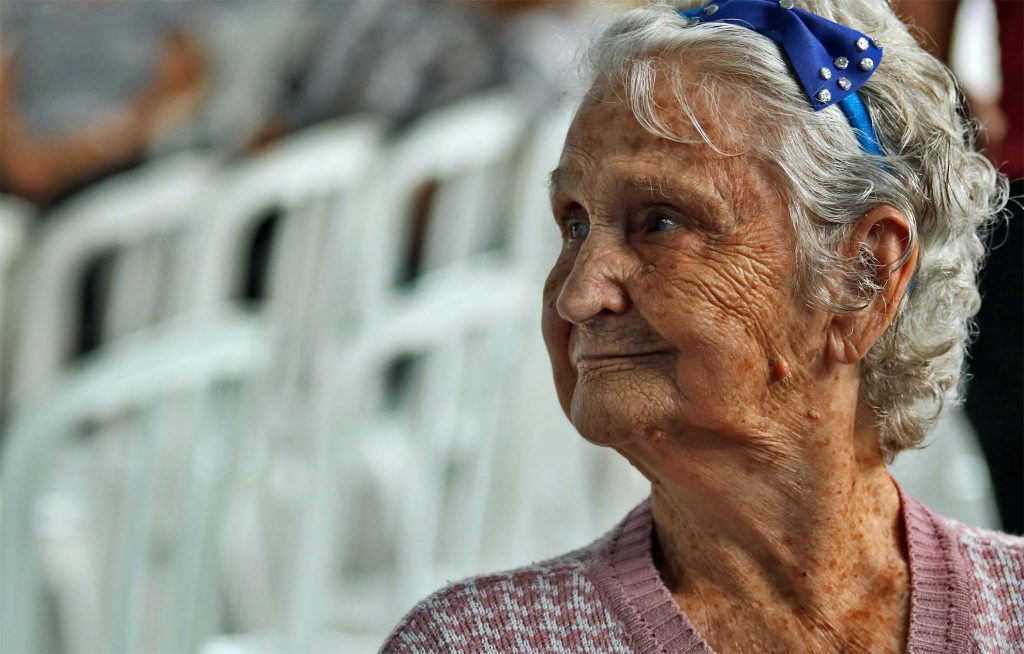
Get Further Advice from Care Professionals
The process of moving elderly relatives into a care home or nursing home can be complicated and present a lot of uncertainty, so seeking professional advice may be beneficial.
You can find further support in many different ways, including from social services, senior care home staff, and online resources. These are all available to help guide you navigate your journey and provide answers to any questions or concerns you may have.
First-Class Dedicaed Care For Older People at Oakdene Care Home
At Oakdene Care Home in Wimborne Minster, Dorset, we offer a range of services, including Dementia Care, Respite Care and Residential Care for elderly people. Our care services are provided around the clock in a warm and homely environment that is located close to local shops and amenities in Ringwood, but also surrounding forests and country parks.
Our care home is staffed with skilled and compassionate, including qualified nurses and dedicated carers, who strive to provide person-centred care that is tailored to the unique needs of each of our residents. Our resident's health and care needs are regularly monitored, ensuring that they are always receiving the right care for them.
Residents at our care home in Dorset have a variety of facilities at their fingertips, including a hair salon, private gardens and patio area, regular arts and crafts sessions, and much more.
Our team of activity coordinators go to great lengths to learn about our residents and understand their interests and preferences. As a result, we can ensure that our activities programme includes activities, events, and day trips that are tailored to them. It is important to us that we encourage our residents to continue with their hobbies and support them in being able to do the things that bring them joy.

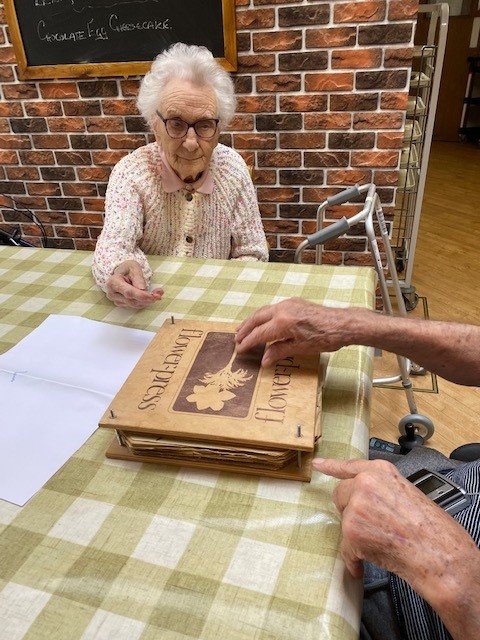
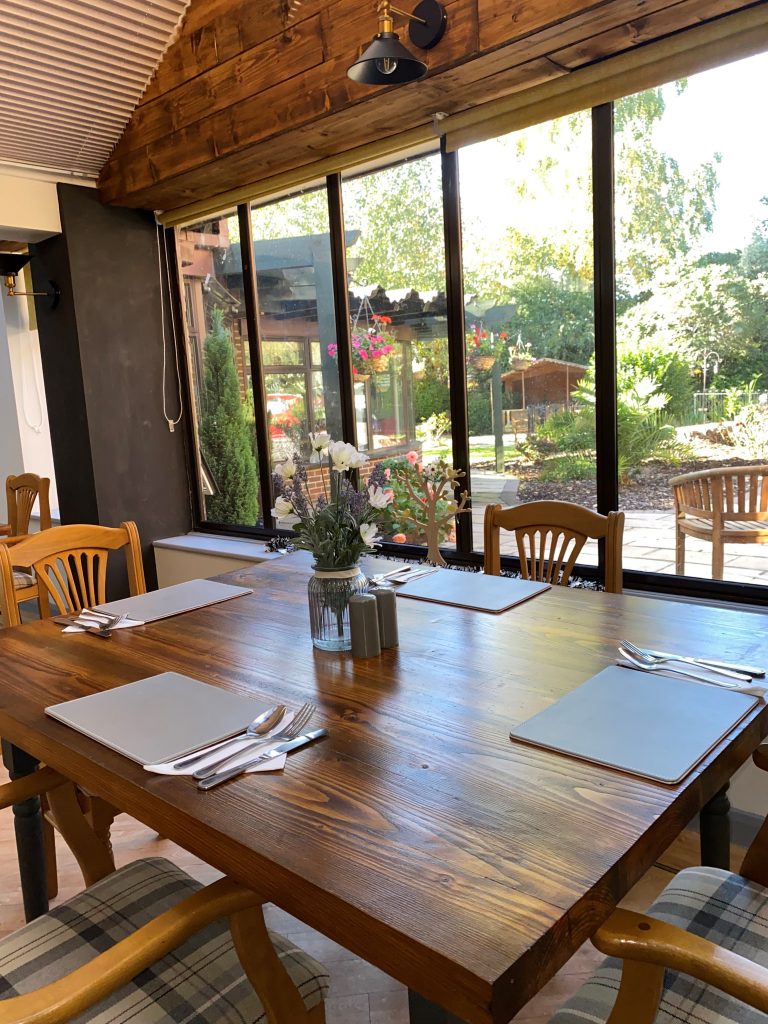
Get in Touch for More Support
Deciding when is the right time to look at moving a loved one into a care home can be incredibly overwhelming. At Oakdene Care Home, we understand that it is not an easy decision to make, which is why our senior care team is always available to offer their professional advice and guidance in helping you make the right decision for you and your family.
For more support, we invite you to contact us on 01202 813722 or email info@oakdenecare.co.uk to arrange a visit to our home or speak with a member of our friendly team.
